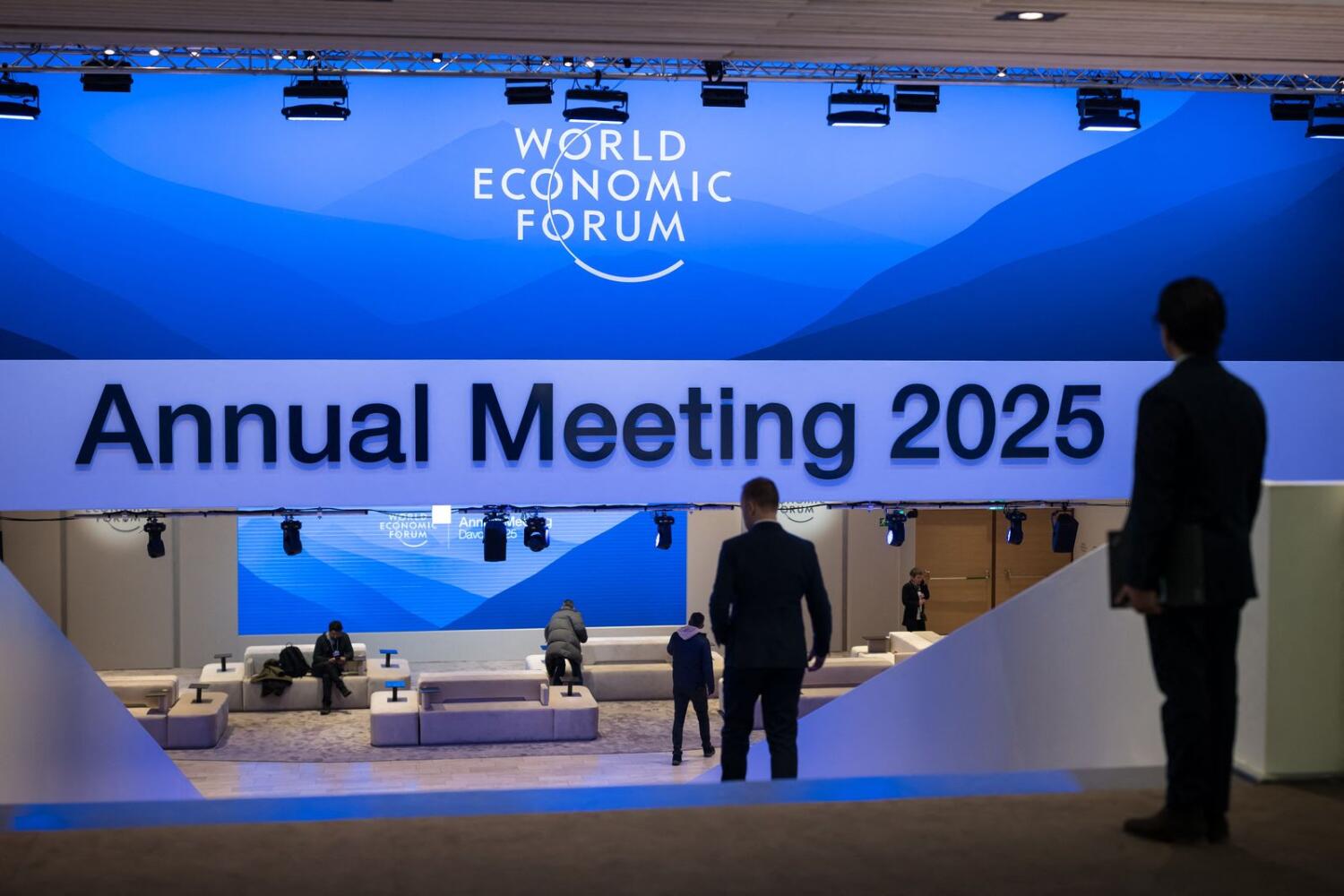The World Economic Forum (WEF) Annual Meeting in Davos is focusing on significant global issues such as the Ukraine-Russia war, the emergence of Trump 2.0, and the rapid advancement of artificial intelligence. The 55th annual gathering, which runs from January 20 to 24, aims to foster insightful discussions aimed at reviving and reimagining economic growth to build stronger and more resilient economies globally.

The summit, themed “Collaboration for the Intelligent Age,” revolves around five main topics: rebuilding trust, reimagining growth, investing in people, safeguarding the planet, and examining industries in this new, intelligent era. Leading the UAE’s high-level delegation is Sheikha Latifa bint Mohammed bin Rashid Al Maktoum, the Chairperson of Dubai Culture and Arts Authority. This delegation consists of over 100 distinguished leaders from various government bodies and the private sector.
Key objectives for the UAE’s participation include showcasing the nation’s economic growth, enhancing foreign trade, and promoting clean and renewable energy through major initiatives and megaprojects. Additionally, the UAE aims to highlight its leadership in healthcare transformation, digitalization, and artificial intelligence, aligning its agenda with the broader goals of the WEF. This year’s forum emphasizes critical discussions on bridging gaps that impede global development, fostering sustainable growth, and utilizing advanced technologies to develop transformative solutions for development.
Artificial Intelligence has emerged as a pivotal topic at the forum, as world leaders confront its profound impact on jobs, economies, and societies amidst aspirations for stable economic growth. According to the latest World Economic Outlook from the International Monetary Fund (IMF), global growth is expected to stabilize at 3.3 percent in both 2025 and the following year. This figure is 0.4 percentage points below the historical average observed from 2000 to 2019.
Inflation rates are anticipated to decrease to 4.2 percent this year and further to 3.5 percent in 2026, which may allow central banks to normalize monetary policies. The IMF’s projections align with the WEF’s Chief Economists Outlook, indicating that while overall expectations for global growth remain subdued, there is significant regional divergence. The United States is expected to experience a short-term boost, but the outlook for Europe and China remains less optimistic for the upcoming year.
The WEF’s Future of Jobs Report 2025 indicates that AI is fundamentally altering global labor markets, creating new opportunities while also presenting major challenges. Data collected from over 1,000 companies reveals that the skills gap remains the most significant obstacle to business transformation, with nearly 40 percent of job skills predicted to change. Furthermore, 63 percent of employers have identified this skills gap as a primary challenge they face.
The report highlights that demand will surge for technology skills in areas like AI, big data, and cybersecurity. However, human skills such as creative thinking, resilience, flexibility, and agility are expected to remain essential. The report emphasizes that “a combination of both skill types will be increasingly crucial in a fast-shifting job market.” Jobs focused on human interaction, particularly in essential sectors like care and education, are projected to see the most job growth by 2030.
Additionally, the advances in AI and renewable energy are reshaping the labor market, leading to increased demand for specialized roles while decreasing the need for others, such as graphic designers. The WEF’s Global Risks Report 2025, alongside the AI Radar report from the Boston Consulting Group (BCG), underscores the importance of AI in navigating global economic, technological, and workforce transitions this year.
Despite the challenges outlined in the WEF jobs report, there are positive indicators. Only 7 percent of executives globally anticipate a reduction in workforce due to AI automation. However, nearly 40 percent of job skills are expected to evolve by 2030. The report also points out that reskilling and upskilling initiatives have not kept pace, with less than one-third of companies managing to upskill even 25 percent of their workforce.

Leave a Reply